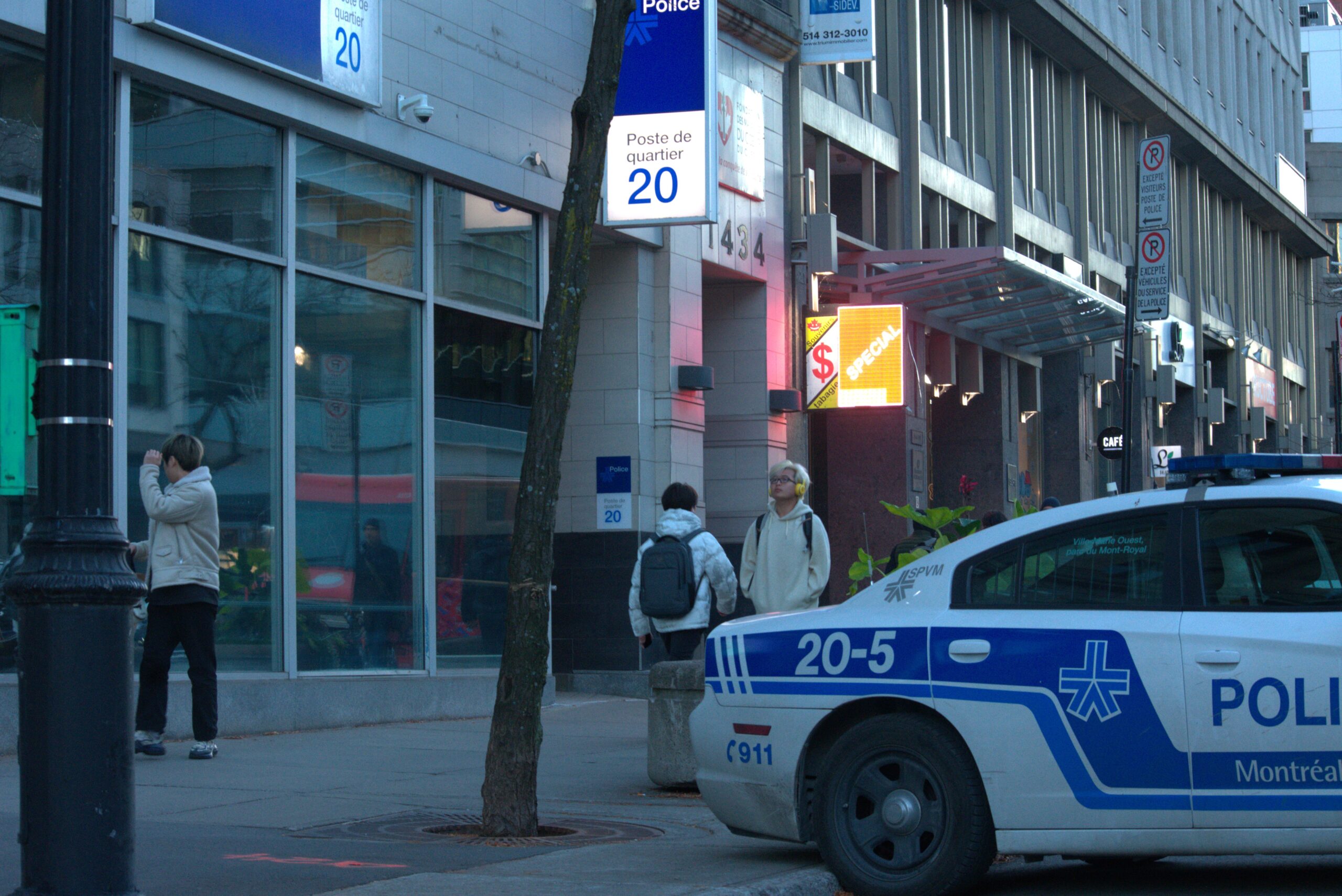With 31 homicides this year, Montreal has been witnessing a spike in violent crimes
Montreal has always been a home to students who live alone, as it was known for its safety and security. However, a sharp increase in homicides and crimes is affecting the way many students view the city.
“I still get shivers every time I step into my building,” said Rhea Bakhach, a business student at Concordia living in downtown Montreal. She recalled how one morning as she was going to work, her building’s lobby was filled with blood as policemen carried a body outside.
Bakhach’s neighbour, a 26-year-old music teacher, had killed his stepfather and stabbed his mother alongside two other people the night before.
Bakhach has been living in Montreal alone for two years as her family is back in Lebanon. “My family freaked out, they had me install a second lock, and I considered moving out for a while. I used to feel very safe alone here, but now, not so much.”
The city of Montreal has recorded 31 homicides so far this year, compared to 36 total recorded homicides last year. Half of those involved the use of firearms. According to the Service de police de la Ville de Montréal’s (SPVM) annual report of 2021, homicides increased by 44 per cent last year. Compared to the last five years, the numbers are up by 39.5 per cent.
“Coming from Mexico, one of the most dangerous countries in the world, even with everything happening in Montreal, I feel that I am safe living here,” said Rafael Ruiz González, an international journalism student at Concordia who lives in Verdun.
“It is worrisome to see this spike in crimes here but we have seen so many headlines and stories about violence that now we’re just immune to it and learn to live with it,” said González.
Michel Abou Jaoude, a government social worker, believes that there is a correlation between the rising crime rate and mental health issues stemming from the COVID-19 pandemic.
“These people committing the crimes are clearly not well-surrounded,” Abou Jaoude said. “With the labour shortage that’s been happening, a lot of resources that used to help troubled youth are no longer available.”
The labour shortage has also impacted the SPVM. Montreal Police Chief Sophie Roy announced during a news conference on Aug. 27 that the Quebec government will dedicate an additional $250 million to recruit 225 more officers in Montreal to help with this issue.
“Gun violence is also a major factor in these stories. More laws should be controlling the entrance of illegal guns,” added Abou Jaoude.
A national freeze on the ownership, transfer and sale of handguns was announced as Bill C-21 was introduced earlier this year in May. While the bill doesn’t ban handguns for now, it limits their possession to the people already living in Canada. This decision might help restore the sense of control and safety that people are longing to get back.
